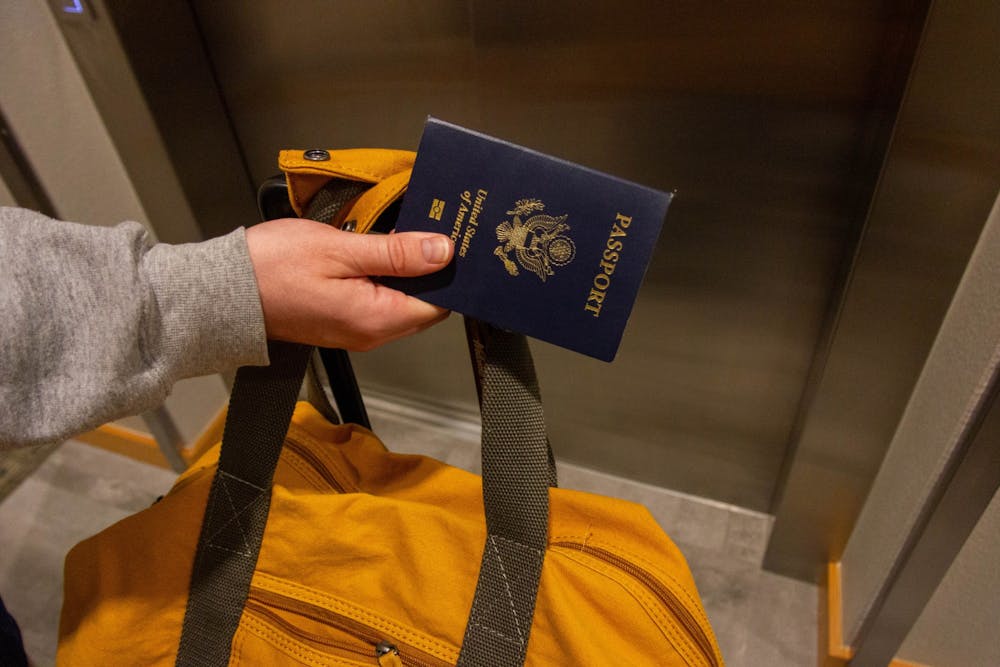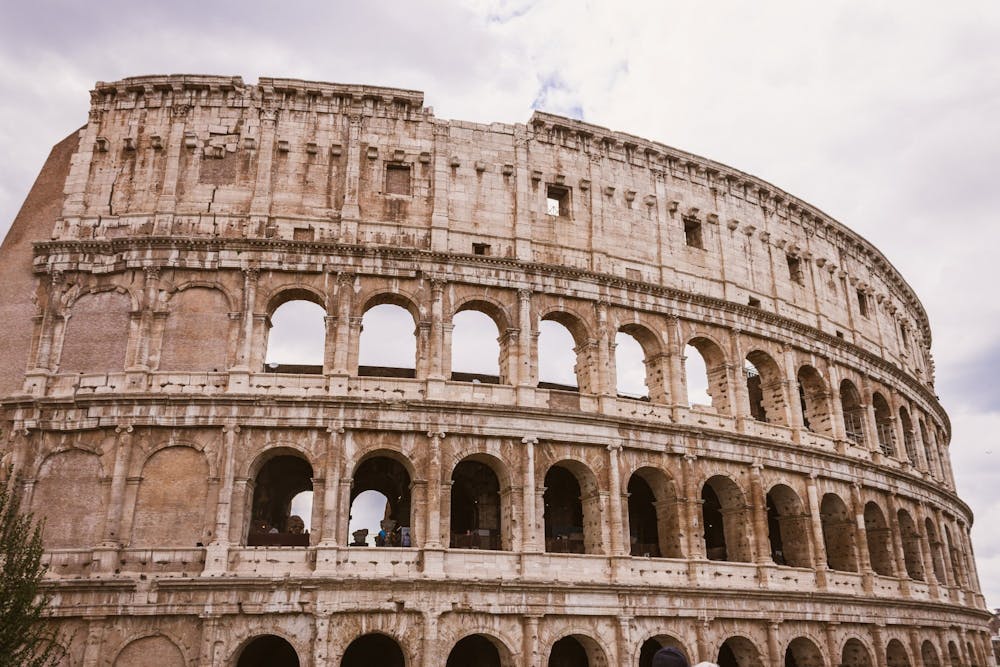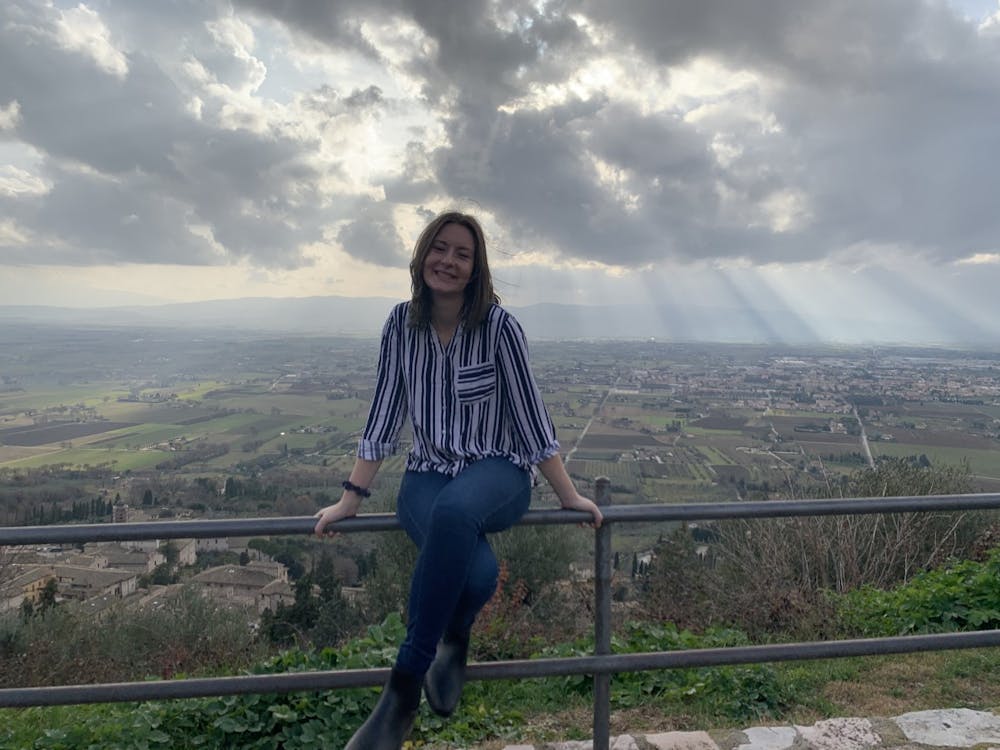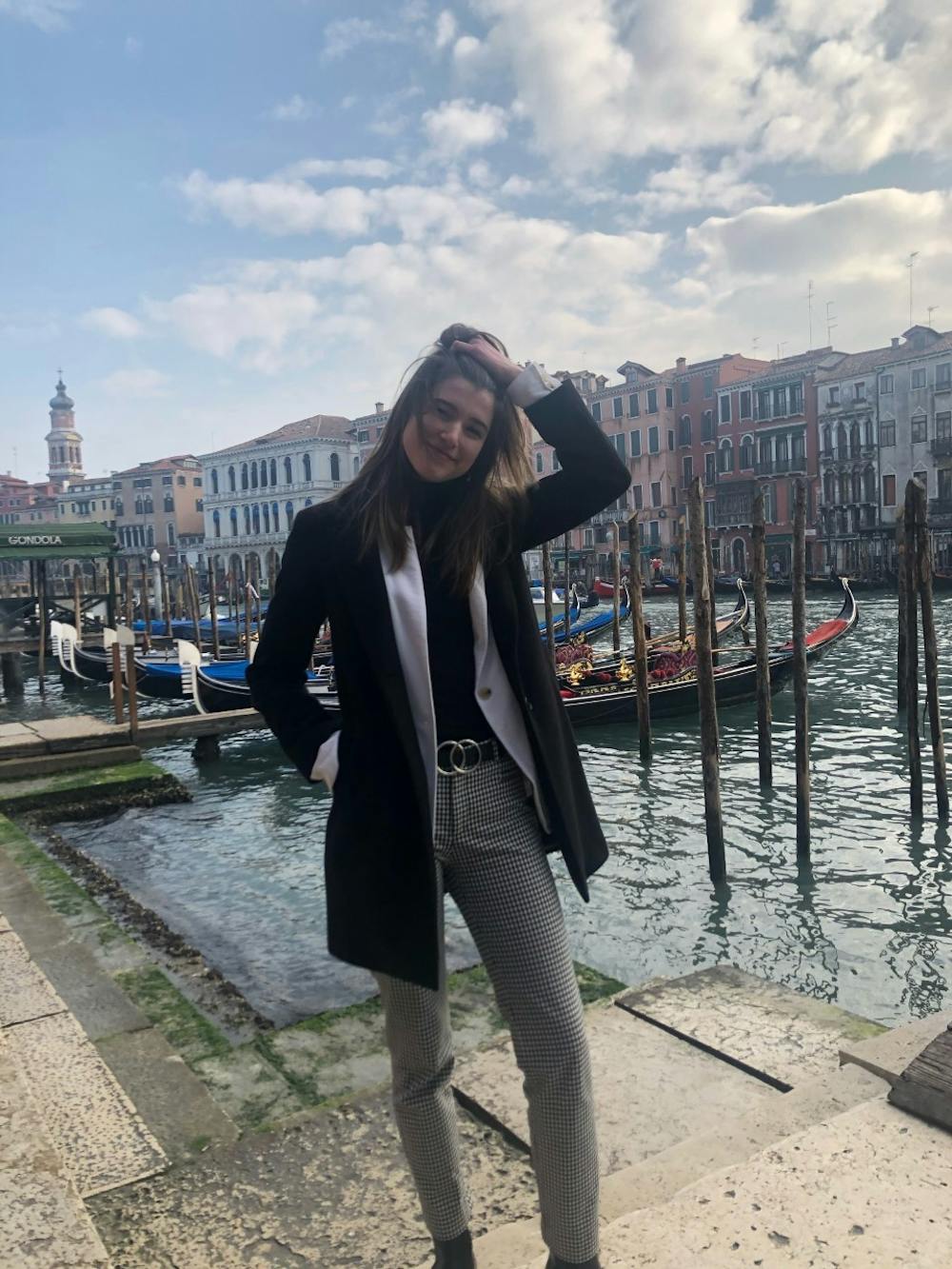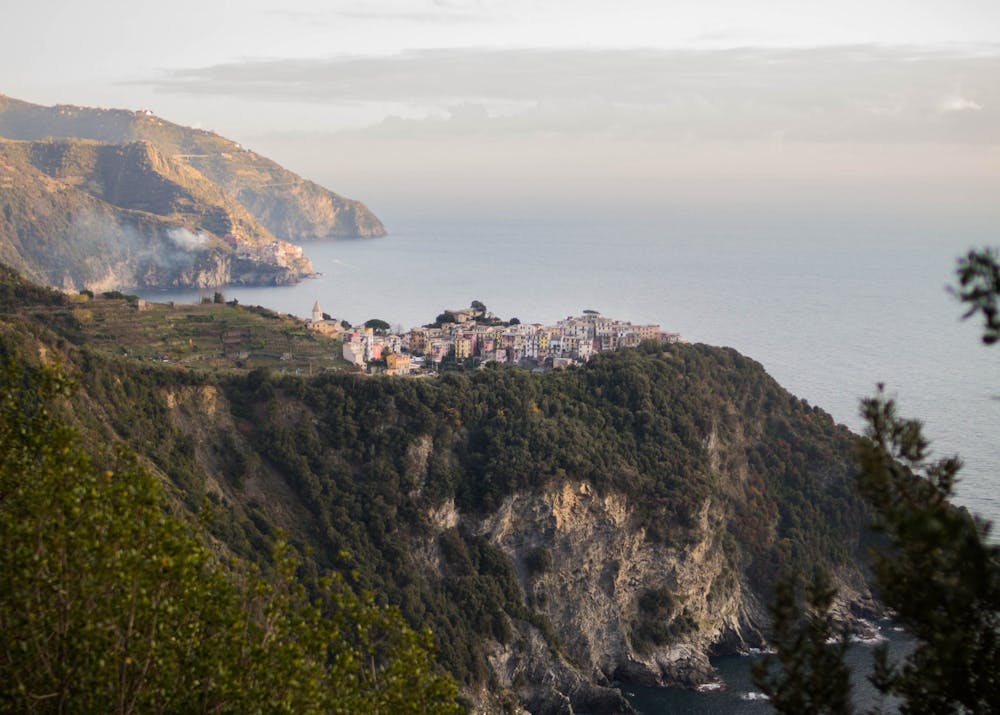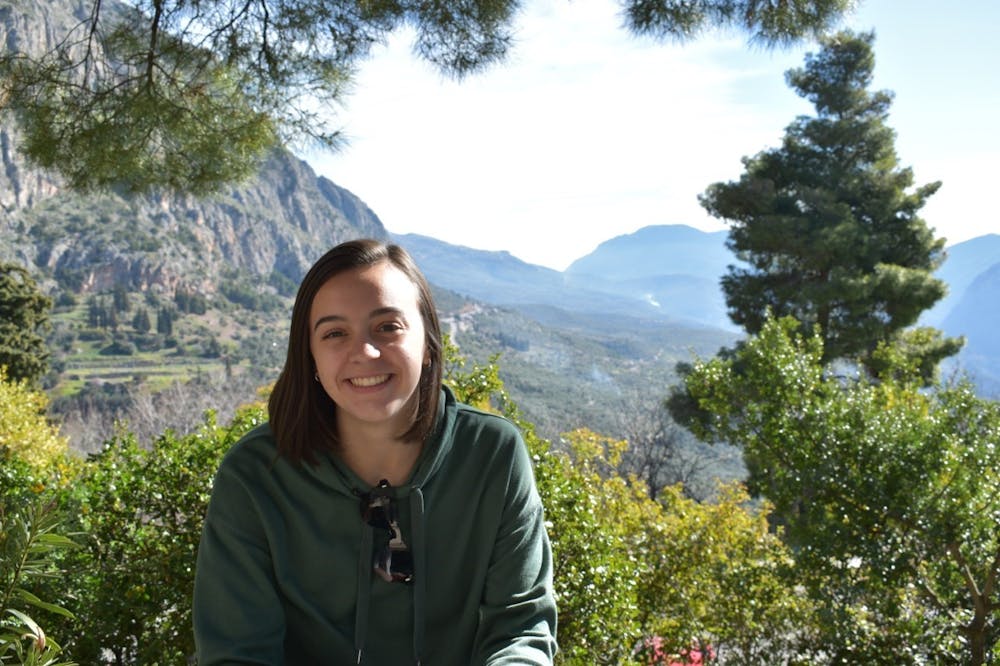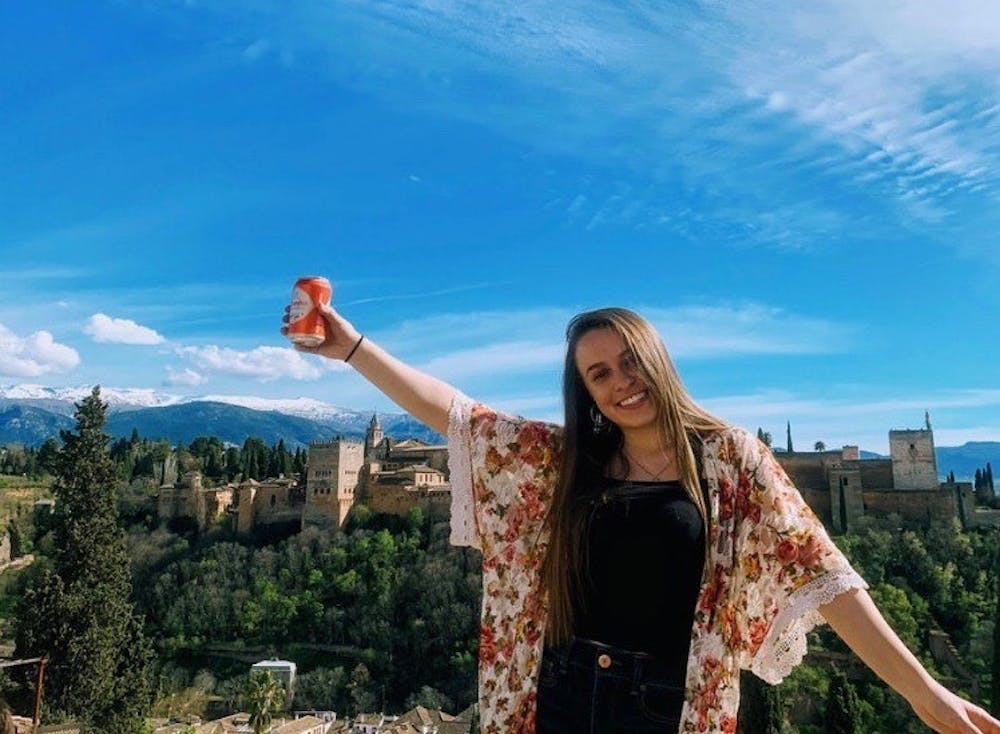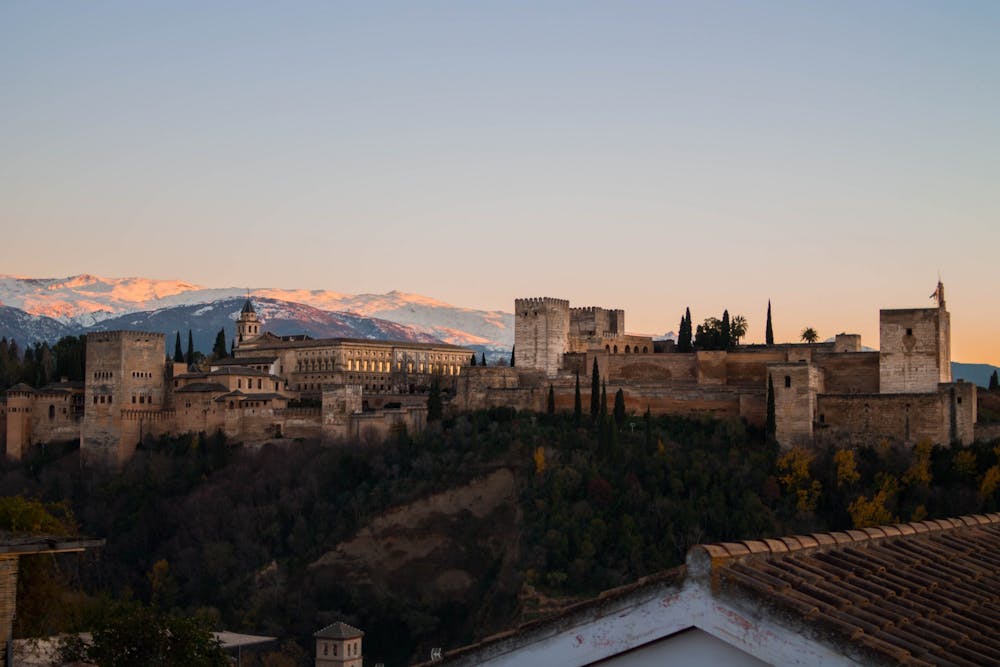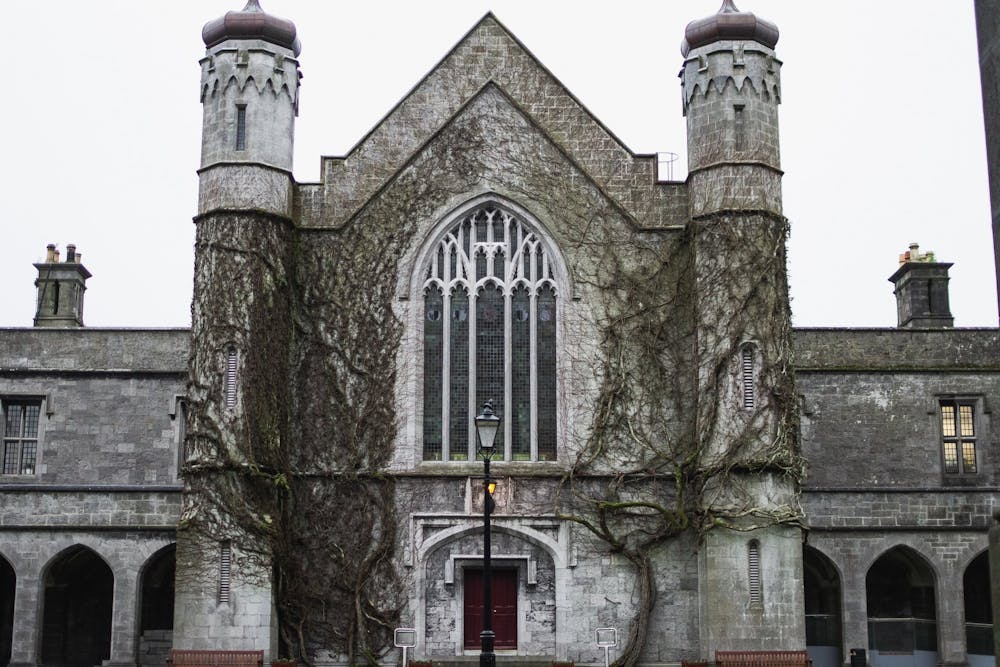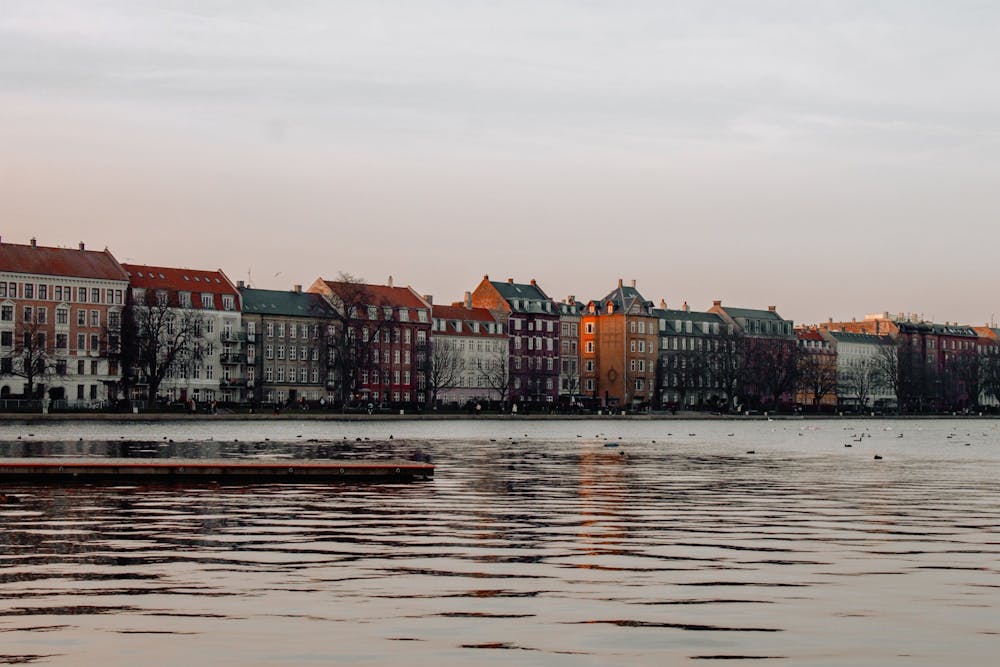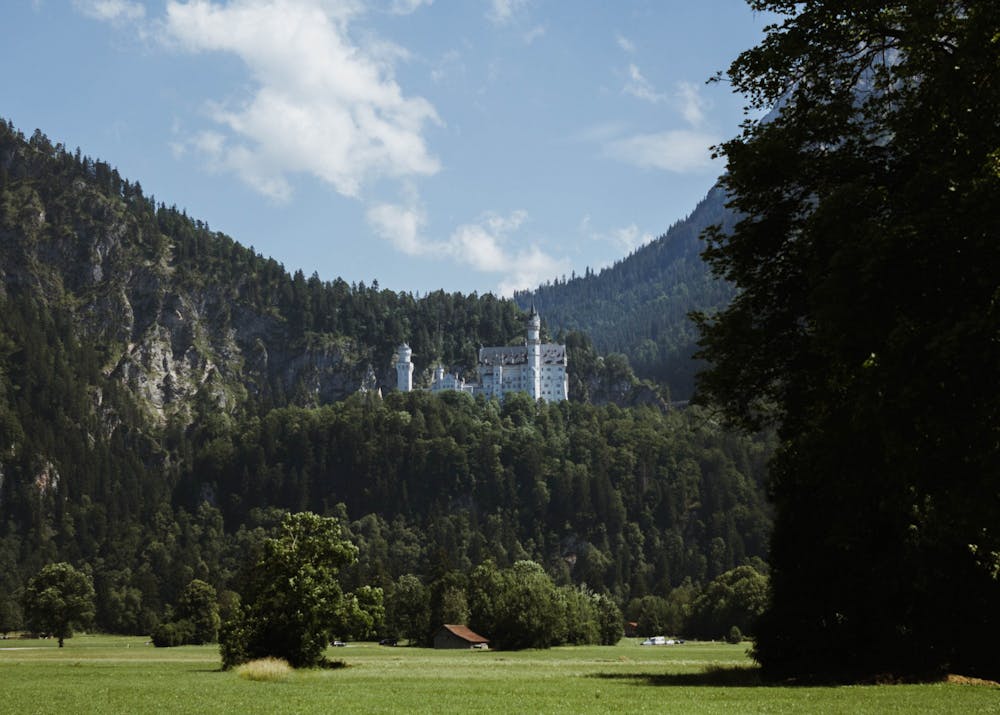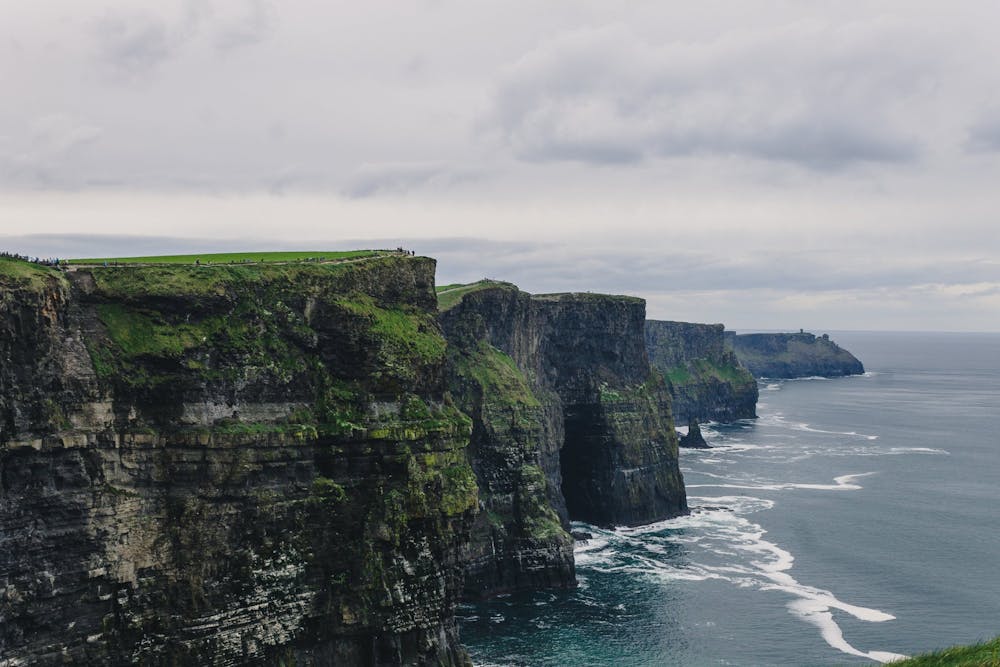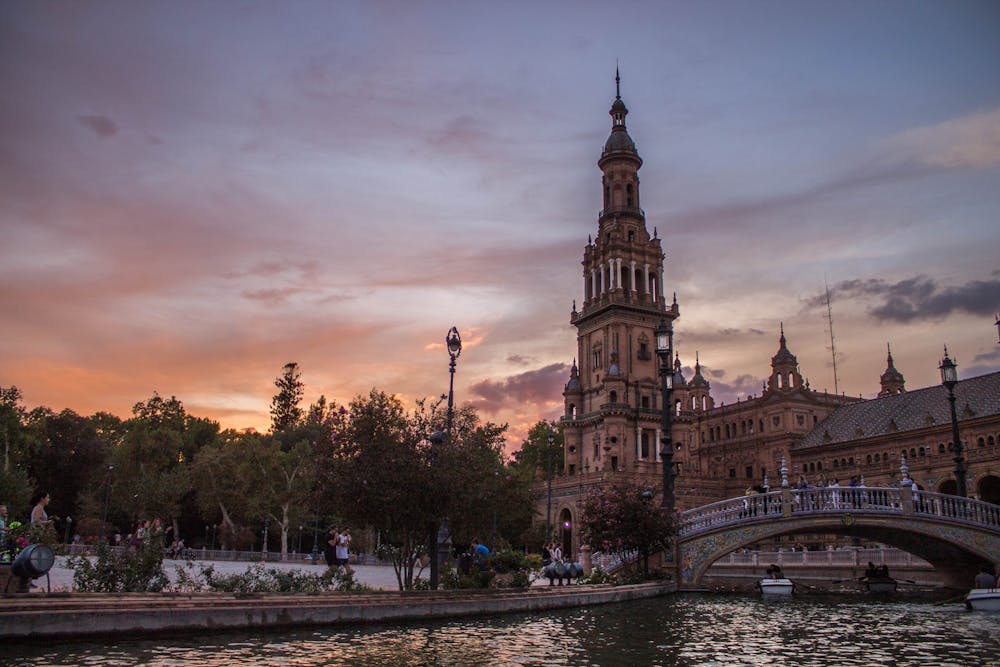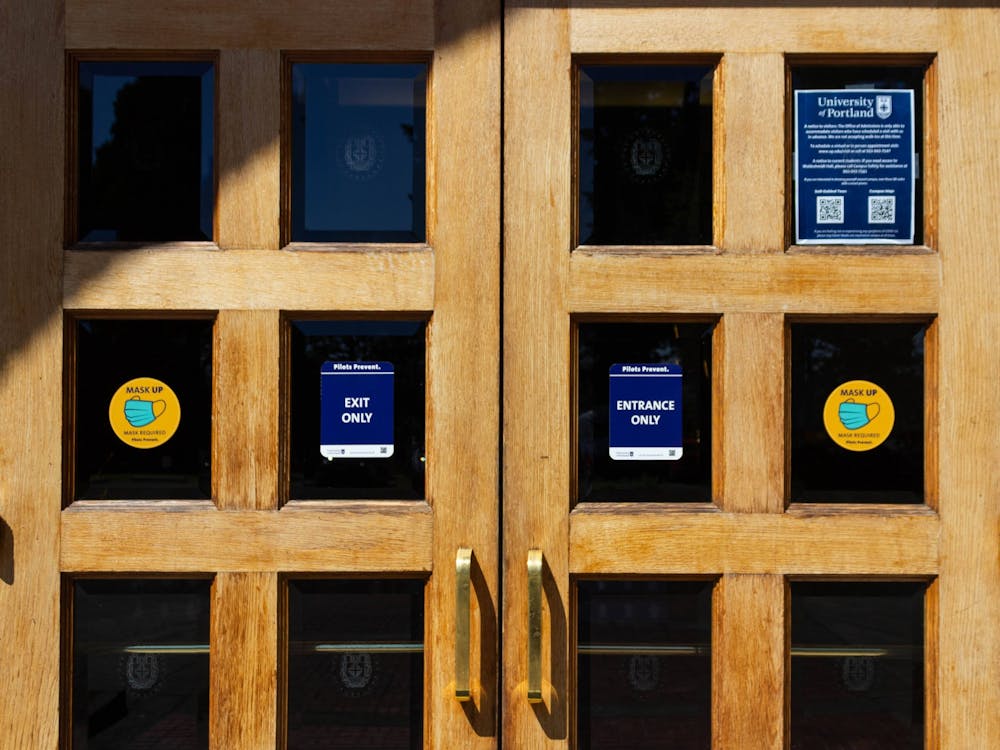Frantic flights and canceled plans: Students abroad face chaos and disappointment as they return home
Sophomore marketing major Isabel Cornejo woke up on March 12 to dozens of text messages from her study abroad program and multiple missed calls from her mother at her host family’s house in Granada, Spain.
“This person is now returning to the U.S.”
“Your parents can’t visit anymore.”
“Call me back!”

She was baffled by the number of notifications.
Cornejo had gone to bed early the night before and had missed the news of President Trump’s announcement of suspension of travel from Europe. That day, dozens of people were absent from her classes as students returned to the U.S. When her program called a meeting for that evening, she knew it wasn’t a good sign but remained hopeful that it wouldn’t get canceled. Instead, the program directors informed the 25 students that they had to return to the U.S.




